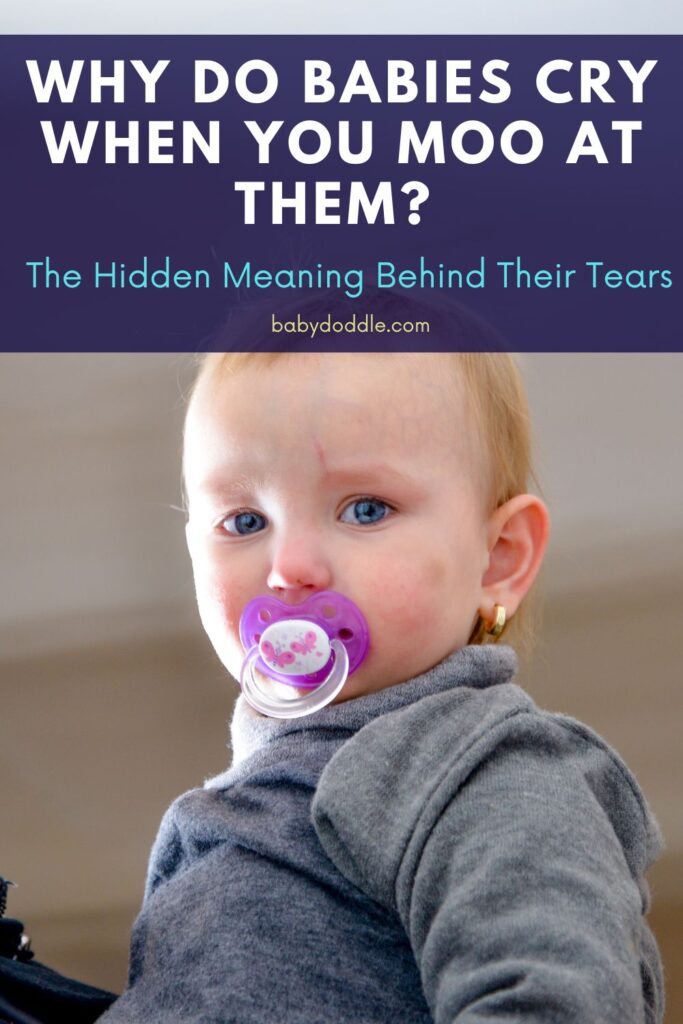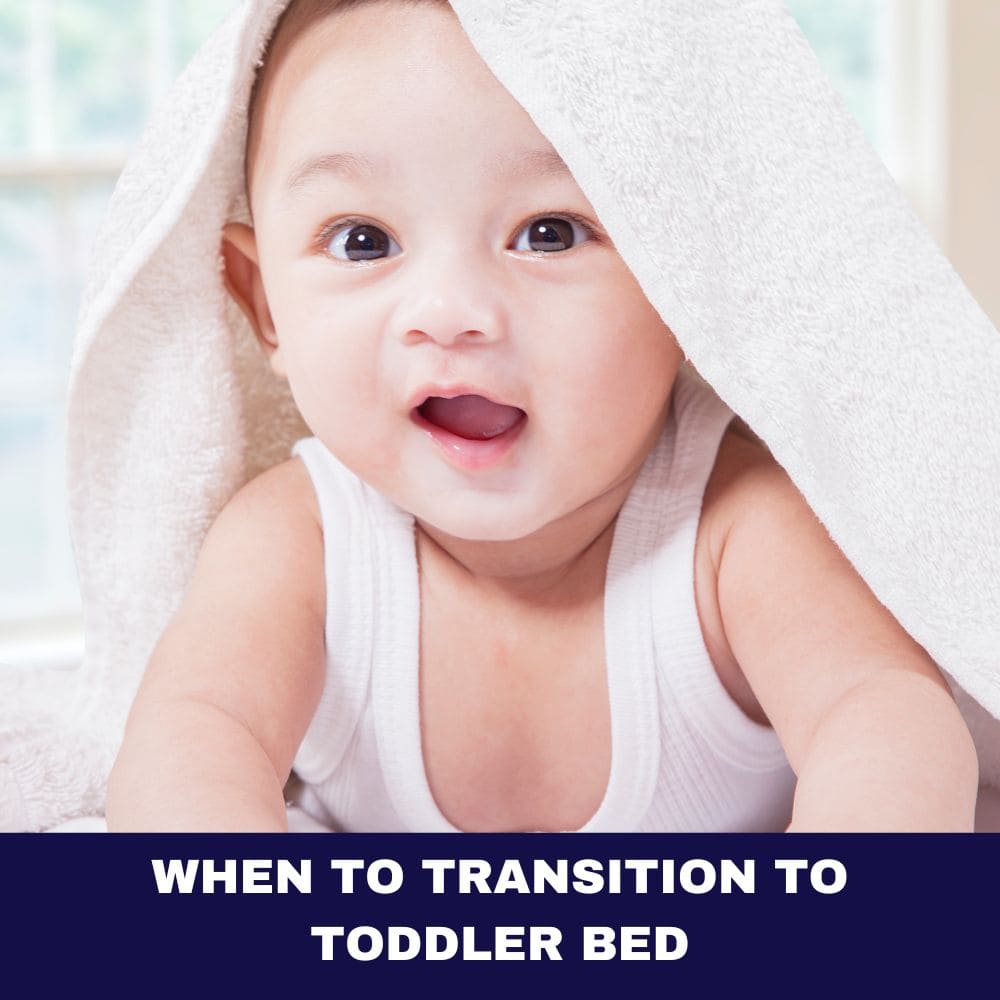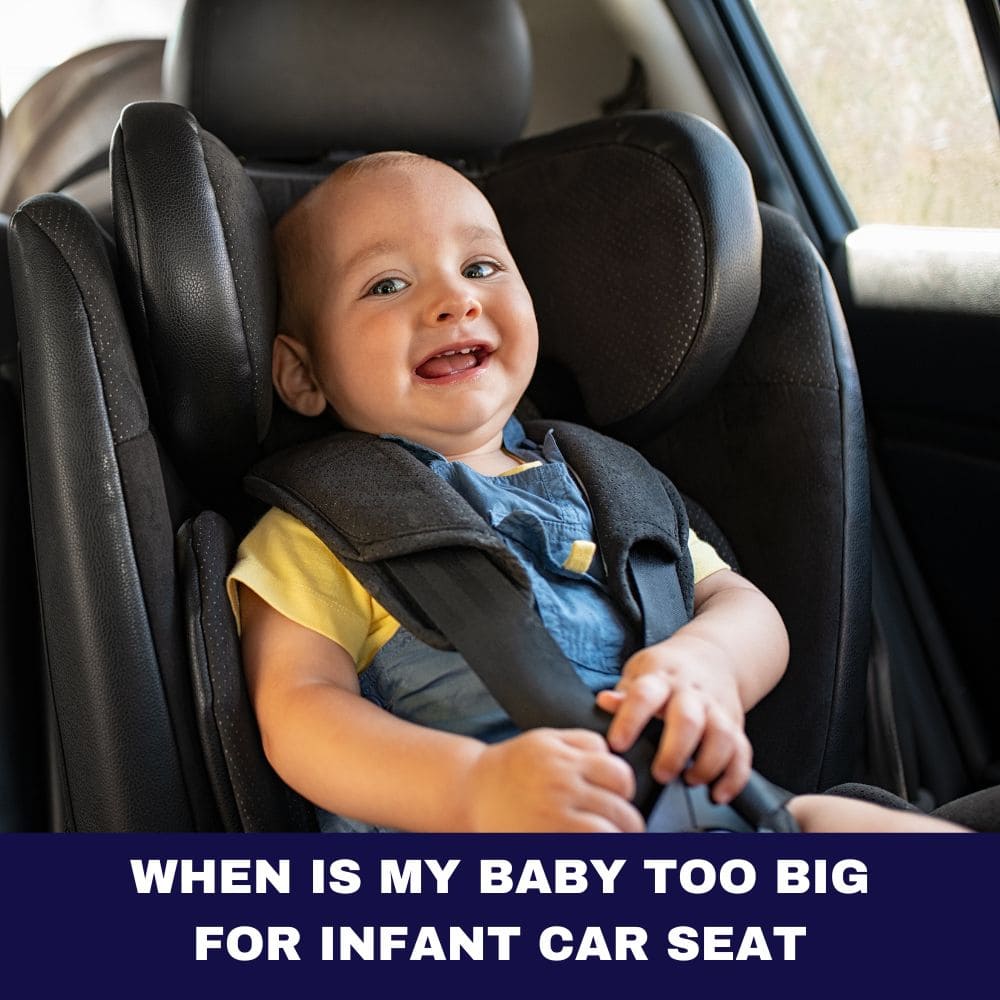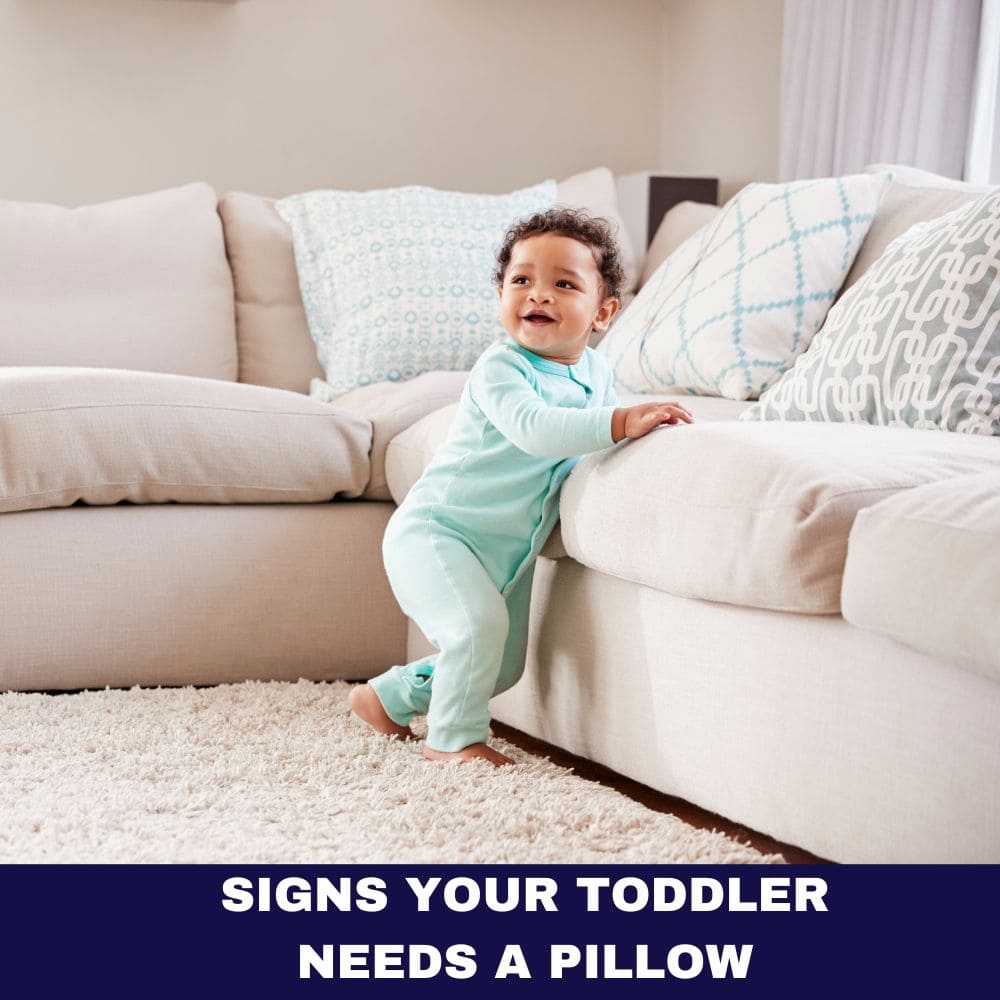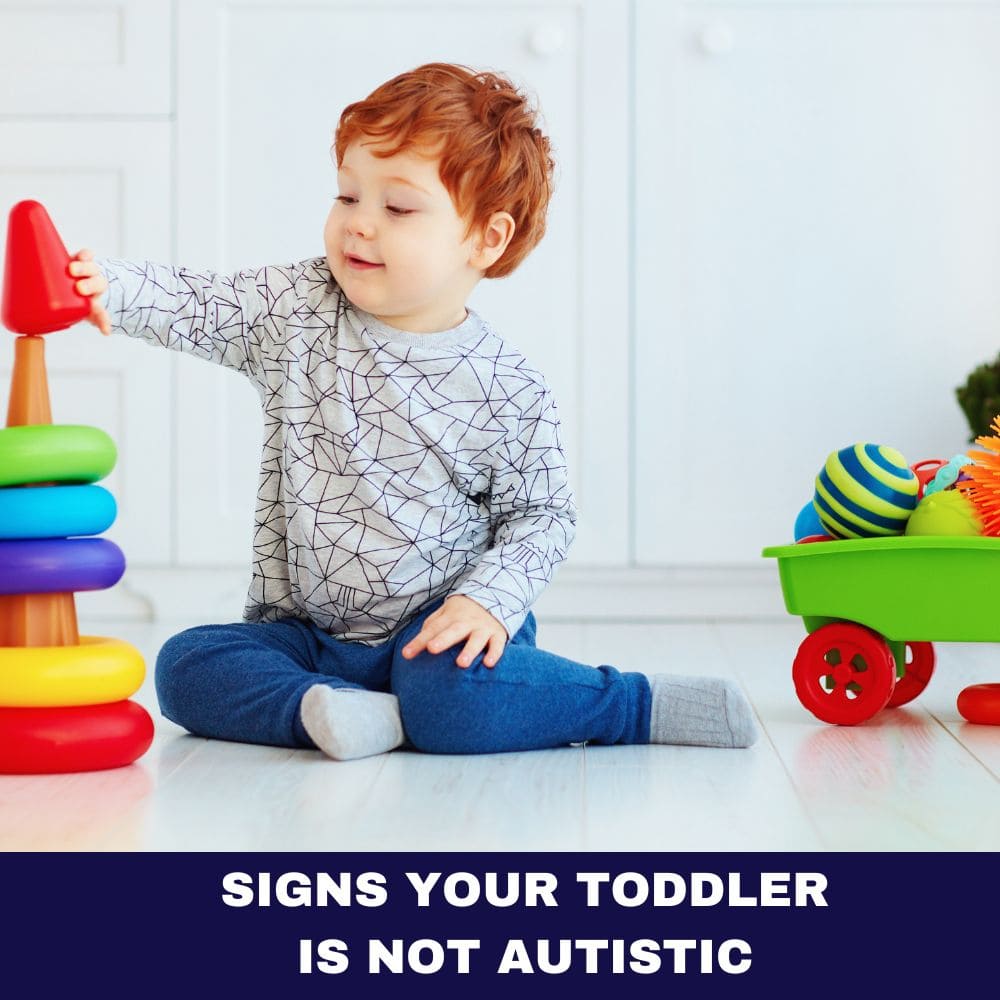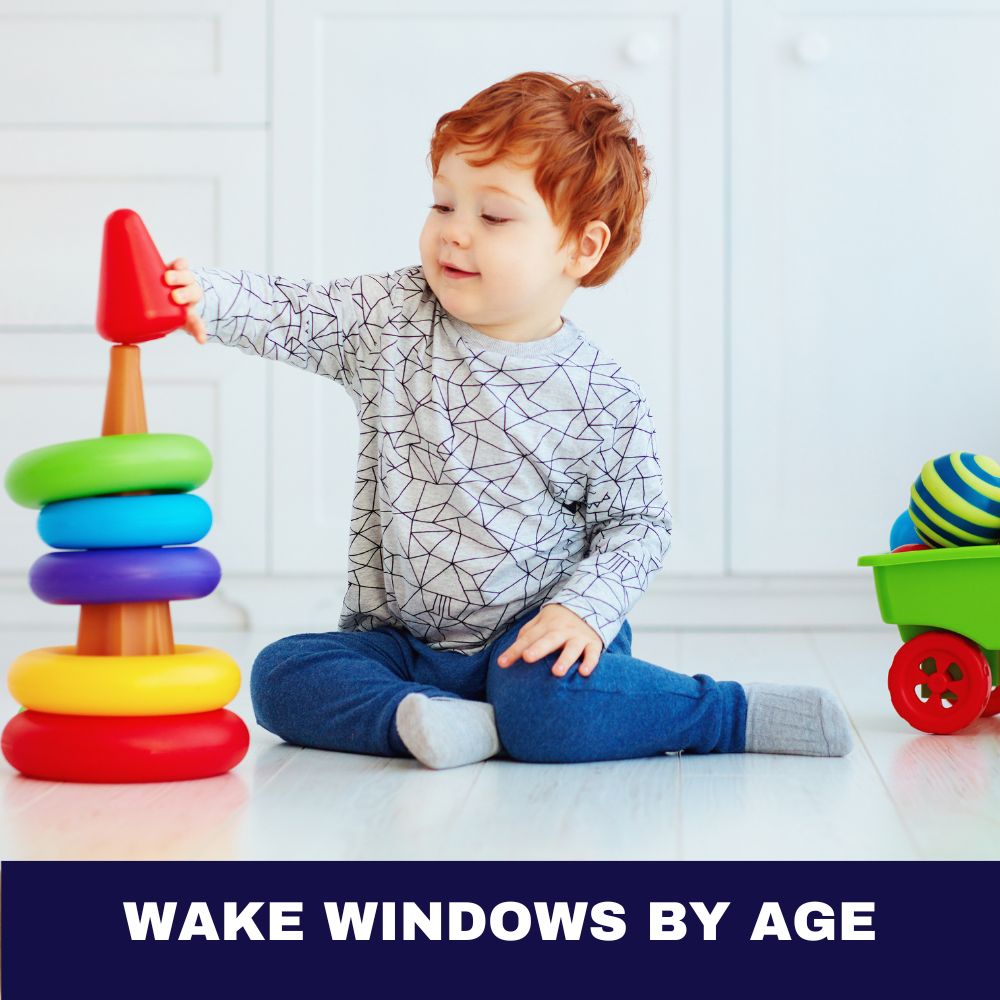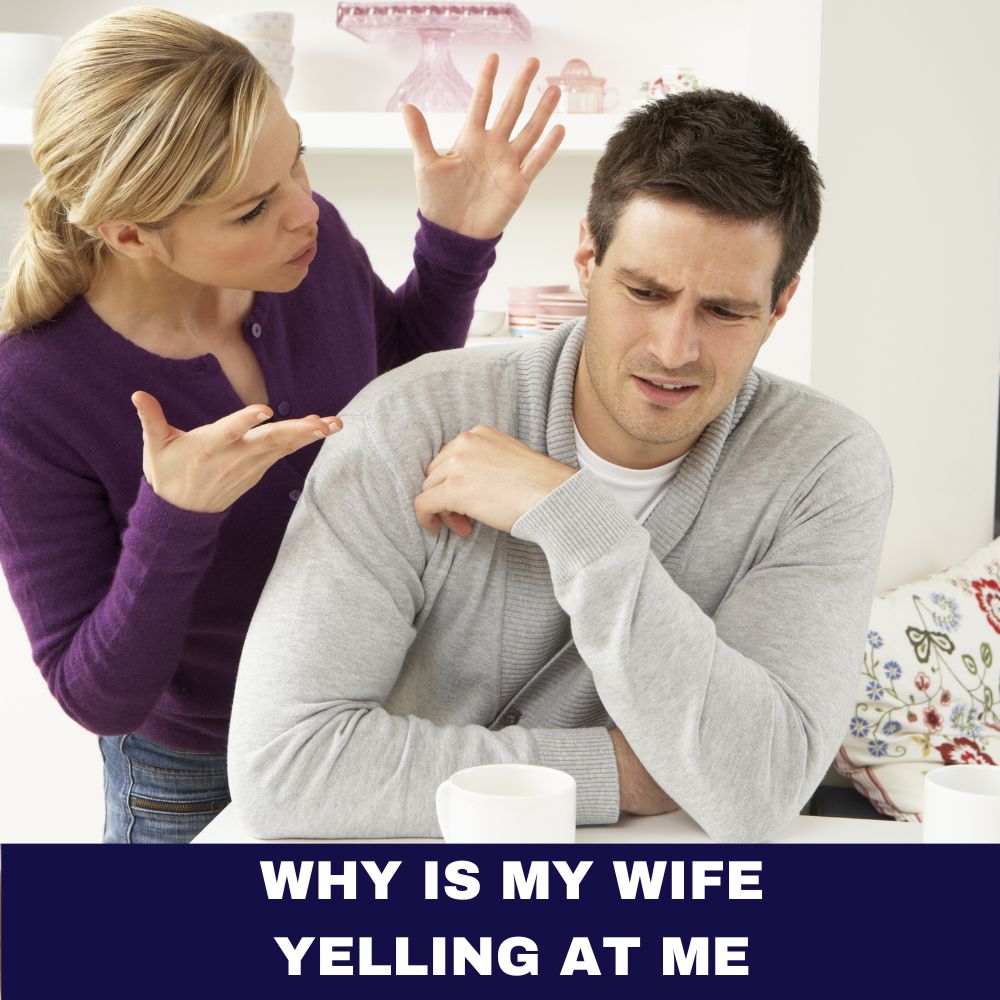Have you seen those viral TikTok videos where parents moo at their babies and film their distressed, crying reactions? As hilarious as some people find them, it makes you wonder – why do babies cry when you moo at them?
As a parent myself, I was curious to get to the bottom of this phenomenon. The sound we make when imitating a cow is certainly strange, but is it really frightening enough to make an infant burst into tears? There must be more going on than meets the eye.
In researching this topic, I discovered some fascinating reasons behind babies’ extreme reactions. Read on to learn the science, psychology, and developmental factors that help explain why a simple “moo” can cause a baby to become so upset. I’ll also provide some reassuring tips for what to do if your little one cries when you experiment with animal noises.
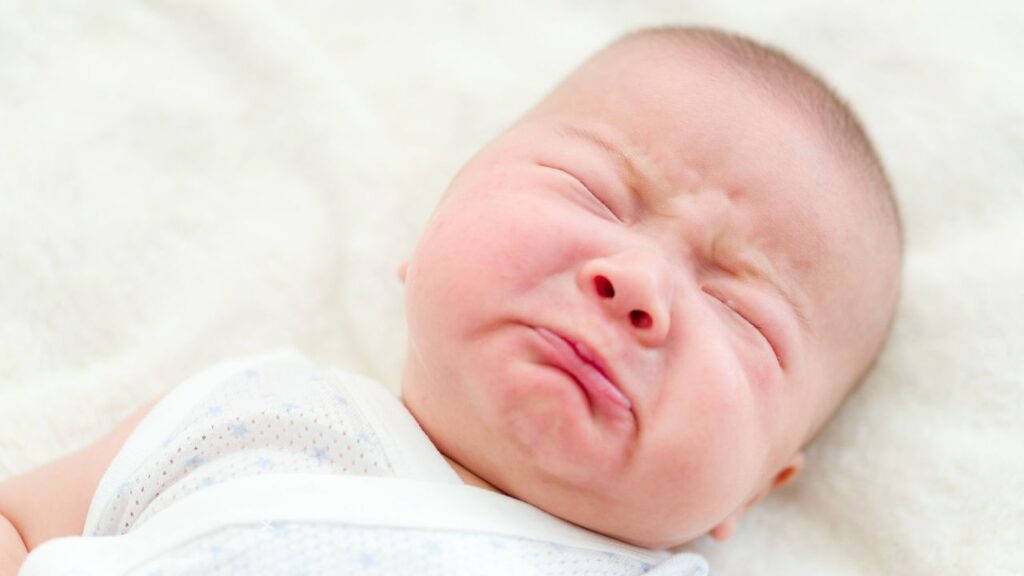
This Perplexing Trend Went Viral on TikTok
In recent weeks, an odd trend has spread like wildfire across the social media platform TikTok. Droves of parents have filmed themselves making exaggerated cow noises directly at their babies, curious to document exactly how the little ones will react.
The results have been surprisingly consistent across the board. At first the babies stare back looking rather perplexed by the sudden bellowing. But within seconds, their expression morphs into utter dismay and discombobulation. Tears begin streaming down their round cheeks as their mouths gape open releasing wails of anguish.
One TikTok user named Alli Kendall, ignited particular engagement when she posted a 48-second video mooing loudly at her son Baker Scott. The footage shows Alli trying several times before eliciting his shocked reaction. Yet despite Baker’s delayed response, once the weeping began he was absolutely inconsolable without his mom’s affectionate comforting.
Alli and Baker are far from the only mother-child pair participating in this mooing experimentation. Countless TikTok parents have replicated the stunt and filmed their babies unfailingly bursting into tears.
The viral sensation leaves many questioning why nearly all babies respond this way. Is it exclusive to a cow’s moo that triggers such intense dismay? Or do babies innately become distraught when confronted with any blaring unexpected stimulation? Ongoing research aims to determine these sounds’ precise psychological effects.
An Unexpected Reaction to a Silly Sound
First, let’s begin by looking closely at what actually happens when you moo at a baby. If you haven’t witnessed it firsthand, I highly recommend looking up the #mooatbaby trend on TikTok – the videos of babies’ responses are both perplexing and hilarious.
You’ll see parents make an exaggerated “mooooo” sound directly at their baby. At first, the baby often looks confused or even giggles, not expecting this strange vocalization from their parent. But within seconds, their expression switches to utter dismay as they begin wailing at the top of their little lungs. Tears stream down their beet-red faces and they scream in apparent anguish and terror.
As the adult stops mooing, some babies gradually calm down, though they remain quite distraught for a while. Other babies completely lose all composure and are inconsolable without ten minutes or more of comforting. All from a simple silly mooing they’ve likely never heard before!
While the videos are admittedly funny, it’s still rather baffling why such an absurd sound can distress human infants to this extent.
| Sound | Description | Reasons it’s scary |
|---|---|---|
| Vacuum cleaner | Loud droning and roaring | Very loud, abrasive quality |
| Blender | Sudden buzzing and grinding | Unpredictable, hurts ears |
| Fire alarm | Piercing high-pitched beeping | Hurts ears, incredibly loud |
| Balloons popping | Quick loud bang | The sudden dramatic noise |
| Door slamming | Wood crashing, echoing bang | The shock of the loud echo |
The Psychological Impact of Crying on Babies
The developmental factors explain why babies are primed to cry more easily, but the psychological impact is equally important to understand. When babies hear a disturbing sound like a moo, it doesn’t just make them shed some tears – it activates significant emotional regions of their brains.
Research using MRI imaging shows that the amygdala – the part of the brain governing emotions, fear conditioning, and threat detection – lights up brightly when babies start crying. Loud unexpected noises trigger the amygdala to signal danger, kickstarting the body’s fight-or-flight mechanisms.
Along with amygdala activation, crying triggers a rush of stress hormones including cortisol and adrenaline. These chemicals prepare the body to deal with perceived threats by increasing heart rate, blood pressure, and muscle tension.
While this reaction is perfectly natural as babies process a scary sound, if they are left alone to cry for too long it can lead to chronic anxiety issues down the road. Studies find babies require caregiver affection to help counteract crying-related stress hormone surges.
Through cuddles, eye contact, and soothing voices, caregiver responses facilitate the oxytocin system and instill in babies that external stimuli can quickly return to normal. This teaches infants’ developing brains to self-regulate after short crying spells.
However, parents shouldn’t panic if they mooed in jest and their baby sobbed for a minute or two before being consoled. Brief crying episodes with rapid recovery retain no long term psychological risks. But chronic unattended crying has been linked to inhibited temperaments and future anxiety disorders.
So while a good cry can help babies process and expel negative emotions, the aftermath is key. The psychological impacts make comfort and support following any crying bout vital for healthy development.
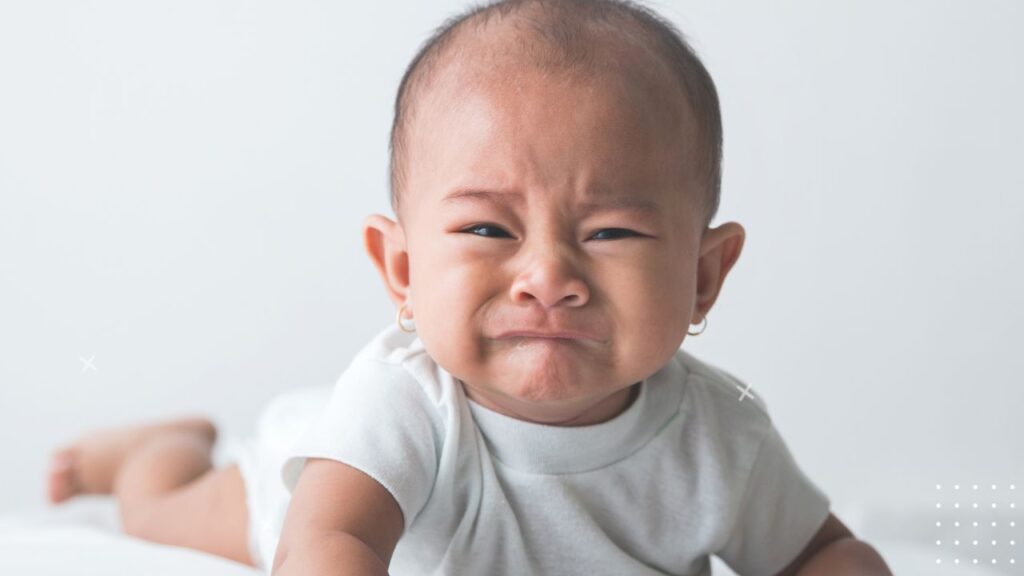
The Developmental Factors at Play
To understand what’s going on here, we first need to look at some of the developmental factors that make babies prone to crying when they encounter unfamiliar stimuli:
- Immature nervous systems – Babies’ nervous systems are still developing, making them extra sensitive and easily overwhelmed. Too much sensory input can throw their entire system off balance.
- Emotion regulation difficulties – Babies have limited ability to self-soothe or control their emotional reactions. They become flooded with feelings of shock, fear, confusion.
- Inexperienced with the world – Everything is new to babies, so odd sounds that seem harmless to us may be terrifying or distressing in their little brains.
Essentially babies’ bodies and minds are still very much under construction. Loud surprises like a sudden mooing overload their senses and undeveloped coping skills. While amusing for parents, it’s deeply unsettling for babies.
The Alarming Acoustics of a Moo
But why does this one specific sound impact babies so strongly?
It turns out certain acoustic elements of a moo tap directly into babies’ vulnerabilities:
- Volume – It’s naturally loud. Babies have sensitive hearing, so very noisy stimuli is upsetting.
- Pitch – The wavering high and low notes sound unpleasant. Certain pitches can irritate babies’ ears.
- Harsh quality – The raspy, grating tone contrasts sharply with soft human voices.
- Unfamiliarity – Babies likely have never heard parents make an animal sound prior to this.
So in a moo, babies are confronted with a disturbingly loud, foreign sound with an abrasive, warbling quality unlike anything their parents have uttered before. Is it any wonder their reaction is pure panic?
Research has found babies are also sensitive to sudden changes in volume and pitch. So when parents burst forth with a booming surprise moo out of nowhere, it violates babies’ expectations in multiple alarming ways.
No wonder tears ensue!
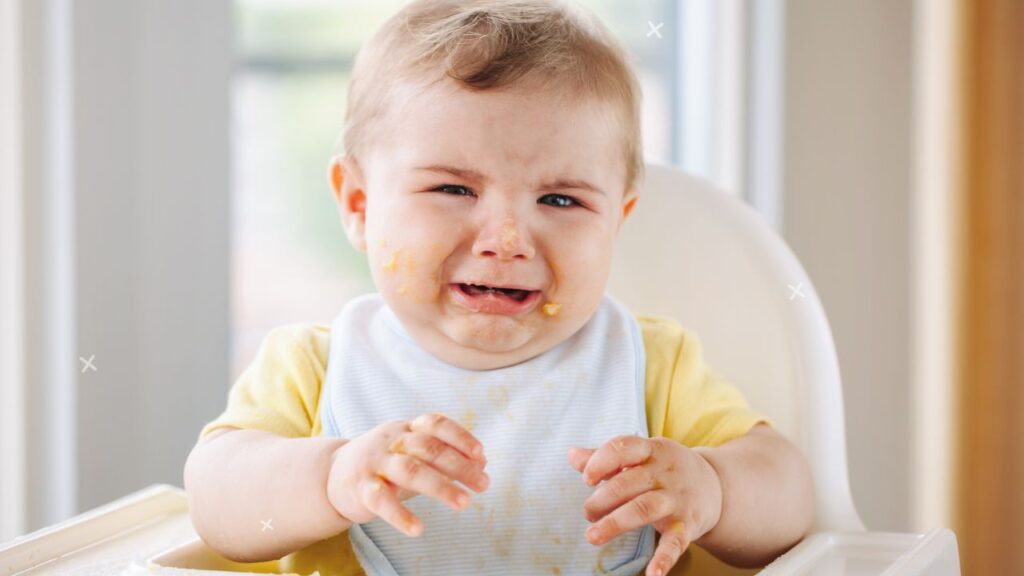
The Innate Instincts in Play
Some developmental psychologists have theorized that babies also have innate instinctual reactions connected to the specific qualities of certain animals’ vocalizations, including cows.
The moo of a large mammal like a cow may unconsciously trigger an ancient alarm system deep within infants’ brains, left over from early human evolution. In the past, loud unprecedented sounds from sizable animals likely signified pending danger for our vulnerable ancestors.
So this primal fight-or-flight response – where babies sob in distress – may be an inborn safety mechanism to signal adults that something unfamiliar and potentially hazardous is approaching.
Famed parenting expert Dr. Harvey Karp agrees with this premise. He coined the term “The Fourth Trimester” to describe babies’ need to still develop within the safe habitat of their family after emerging from the womb.
In Karp’s view, when you suddenly moo at a baby you are essentially “injecting a little bit of the alien world” into their sanctuary, which their survival instincts find utterly terrifying on a primal level.
So alongside the developmental factors, babies may literally perceive loud unexpected animal sounds as a threat. Their explosive emotional reaction is an adaptive impulse passed down to alert caregivers.
Why the Tears? The Soothing Effects of Crying
Once babies hear an unexpected moo and experience feelings of intense fear, confusion, or overstimulation, crying is their way of recovering downregulation.
The physical act of sobbing coupled with tears releases tension and hormones like cortisol, assisting babies in expressing their panic while beginning to soothe themselves.
Crying also signals distress to parents, ensuring care and attention will ensue. Some psychologists theorize tears may also aid vision recovery following the initial shock of a fright.
So while a loud ugly cry may seem like an extreme reaction to a simple silly sound, it serves a restorative purpose. Through their tears and sounds of anguish, babies discharge stress hormones and call for comfort to counteract dis-regulation.
Over time and repeated exposure, babies likely realize mooing poses no actual threat. But their first encounter prompts an acute stress response – one the internet clearly finds endlessly entertaining to watch!
Laughter Instead of Tears
Interestingly, while most filmed babies descend into utter despair when mooed at, some react with giggles and smiles instead! What accounts for this divergence?
A few explanations have been proposed:
- Personality – Some babies are more even-tempered and less prone to fearful reactions. They take surprises in stride.
- Parental influence – If parents laugh or stay calm, babies may mirror this easygoing reaction.
- Familiarity – Babies who’ve heard animal sounds before may be less shocked.
- Resilience – Laughing in the face of uncertainty can indicate babies capable of rapidly regaining composure.
So a variety of physical, emotional and experiential factors may determine whether a baby greets a moo with amusement or a total meltdown.
But while giggles make for adorable footage, most psychologists caution against intentionally exposing babies to loud, abrasive stimuli for views or your own entertainment. Infants’ needs should remain parents‘ top priority.

What Should You Do If Your Baby Cries at a Moo?
If your baby ends up in tears when you imitate a cow sound for fun, there’s no need to panic – it’s a normal reaction. But here are some tips to help soothe them:
- Offer comfort – Rock, cuddle and shush them while speaking gently. Feelings of safety are key.
- Make eye contact – Help them re-establish the connection between you.
- Evaluate if something else is wrong – Rule out hunger, a soiled diaper, etc.
- Avoid excessive worry – Crying after a good scare is quite common at this age.
- Call your pediatrician if crying exceeds 30 minutes or causes other concerning symptoms.
With some validation and TLC, most babies recover quickly with no lingering upset. Within minutes they’re back to babbling or smiling, the moo-induced meltdown already forgotten. While developmentally normal, inducing tears deliberately remains ethically questionable.
| Sound | Description | Why it’s soothing |
|---|---|---|
| White noise machine | Gentle shushing | Predictable ambient noise blocks disruptions |
| Rainfall | Soft pitter patter | Natural pattern is familiar |
| Ocean waves | Rhythmic crashing | Mimics movement and speech patterns |
| Lullabies | Slow, soothing singing | Familiar voices and gentle tones |
| Wind chimes | Light delicate tingling | Relaxing, mesmerizing patterns |
Strategies to Protect Babies from Fearful Noises
Since sounds like mooing can produce such intense distress, what proactive steps can caregivers take to prevent babies being startled by unpleasant noisy stimuli?
Here are some positive strategies experts recommend:
- Invest in white noise machines. Soothing ambient sounds like rain pattering, fans whirring, or light static screened out disruptive external noises. Having these reliable calming backgrounds establishes stable sensory environments.
- Play soft music around infants frequently. Gentle instrumentals and lullabies train babies’ brains to associate melodic tones with safety. Sung vocals in particular remind babies of caregivers’ comforting voices.
- Monitor household noises. Be aware of equipment like blenders, vacuums, garbage disposals that may switch on suddenly. Avoid exposing unattended babies to these jarring sounds.
- Gradually introduce potentially scary sounds. For example, briefly imitation animal noises from across the room, then move closer as babies stay calm. Slow acclimation prevents shocking cries.
- Learn early signs of overstimulation like yawning, gaze aversion or fidgeting. Respond by shifting babies into quieter, dimmer rooms preventing crying triggers.
With attentiveness and these simple measures, we can buffer babies from the types of noises almost guaranteed to induce tearful outbursts. While completely soundproofing their worlds is impossible – nor advisable for healthy development – following these tips creates more cries of laughter than of shock.
Concluding Thoughts on This Perplexing Phenomenon
In closing, don’t be too hard on yourself if you tried mooing at your baby thanks to those viral videos. And know their teary reaction likely signifies a healthy responsiveness, not lasting trauma.
But I do hope this inside look makes the appeal of these videos fade. Babies have good reason to find cow imitations so upsetting. Their defenses are caught delightfully off guard due to the immaturity of their minds and bodies.
So next time you hear a loud uneven bellow, picture the world from helpless crying infants’ eyes. Then let’s leave poor babies to develop without deliberately introducing such distressing stimuli. Feel free to moo at willing friends instead!
And if by chance you hear unprompted mooing from your tickled little one someday – film away, that’s adorable! Just best avoid provoking those sounds yourself. Parents have ample opportunity to elicit babies’ laughter without any tears required.
FAQ – Why Do Babies Cry When You Moo at Them?
Why do some babies laugh instead of crying when you moo at them?
Some babies respond with giggles and smiles instead of tears when mooed at. Several factors may account for this divergence in reactions: personality differences, parental influence, familiarity with animal sounds already, or innate resilience. More even-tempered babies may be less frightened by surprises. If parents laugh or stay calm, babies often mirror this easygoing reaction. And babies who have heard animal sounds before may find mooing less shocking. Laughing shows an ability to rapidly regain emotional composure despite uncertainty.
Are babies traumatized for life if they cry from being mooed at?
There’s no need to panic if your baby cried after you imitated cow sounds, as it’s a developmentally normal reaction. The crying helps discharge stress hormones and signals a need for comfort. As long as parents offer soothing affection like rocking, shushing, and eye contact afterwards, babies recover quickly without lingering trauma. Brief crying episodes with rapid support retain no long term psychological risks. But chronic unattended crying can contribute to inhibited temperaments or anxiety issues.
Why don’t my child’s cries from mooing stop instantly when I comfort them?
The body’s physiological stress response takes time to wind down once activated by a frightening sound. So even with your attempts to soothe them, babies’ nervous systems remain on high alert right away. The flood of adrenaline and cortisol heightens emotions and sensitivities while the brain processes the perceived threat is over. Continue holding, caressing, and speaking gently to your baby despite ongoing tears. Within minutes, these caring gestures prompt oxytocin release allowing their cries to fully subside.
Should I avoid ever making sudden weird noises around babies?
Exposing babies to some novel stimuli helps their development, but extremes like shouting or intentionally startling them remain questionable. Experts advise gradually introducing new sounds and sights to alert babies without shocking them. For example, make softer animal grunts from across the room at first. Or turn on mechanical noises at low volumes, increased cautiously over time. Pay attention for signs of distress and don’t override cries by amplifying scary sounds in attempt to teach coping. Protect babies’ peace while supporting gradual acclimation to the world’s natural variety of sights and sounds.
What are some positive soothing sounds I can play for my baby?
Examples of gentle, calming noises babies love include white noise machines, soft music, rainfall recordings, ocean waves, lullabies, and wind chimes. The predictable shushing of white noise blocks out disruptive external sounds. Slow instrumentals remind babies of caregiver voices singing. Nature sounds have familiar patterns, tempos, and tones. And delicate wind chimes have relaxing, mesmerizing textures. Choose options with gentle tones within frequency ranges pleasing to infants’ ears. Monitor their reactions, noticing if they become fussy, overstimulated, or intrigued.
